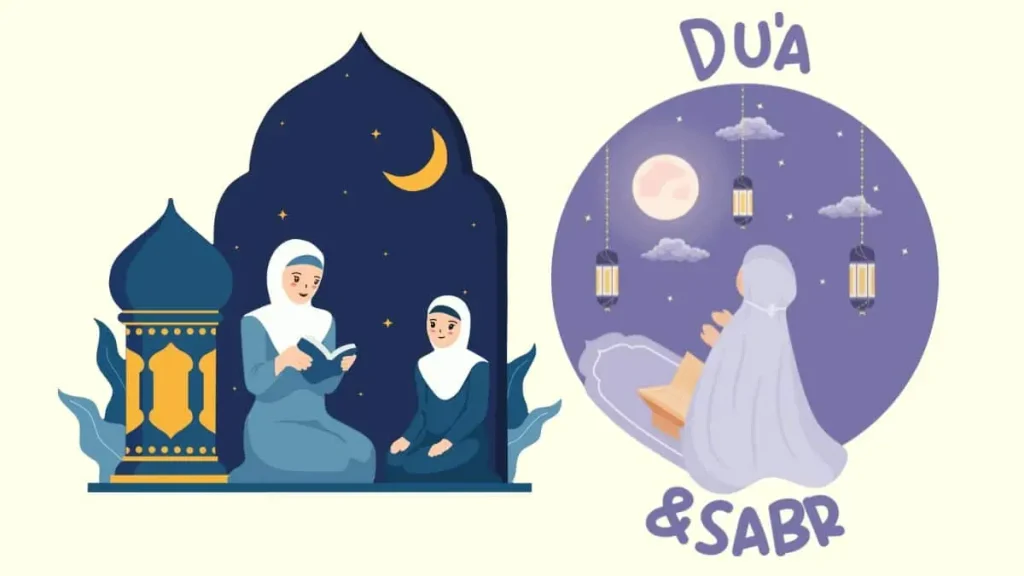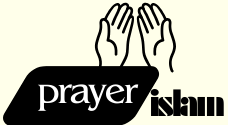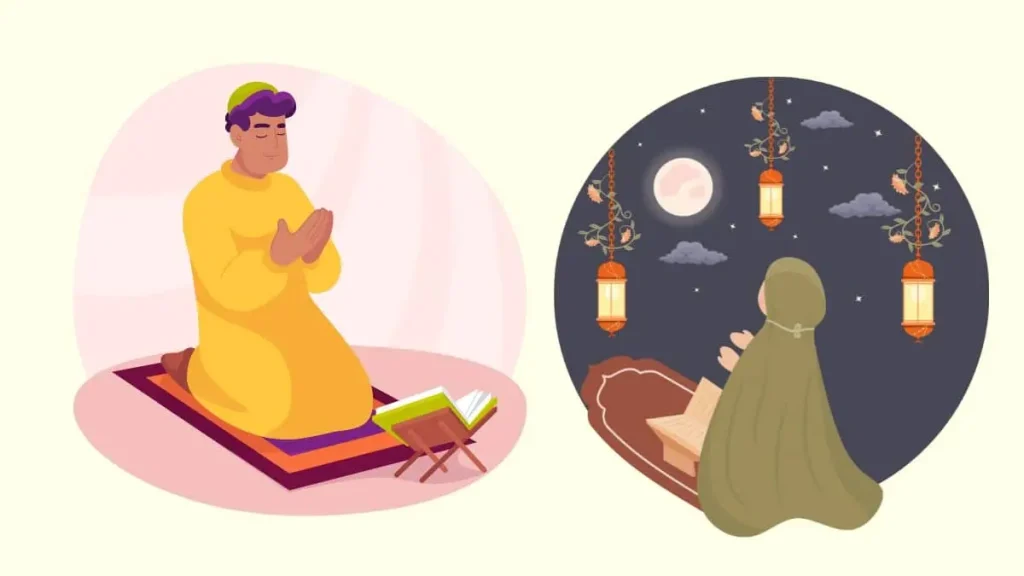Sujood (prostration) is considered one of the best moments to make dua (supplication) as it is a state of closeness to Allah. Many Muslims wish to maximize their prayers during this sacred posture.
However, questions arise about the permissibility of making dua in Sujood, especially concerning different types of prayers—obligatory (Fard), Sunnah, Nafl, and whether these duas can be made in Arabic or other languages.
Let’s explore this topic, considering the views of Islamic scholars and authentic sources.
The Permissibility of Dua in Sujood
Yes, making dua in Sujood is permissible and is supported by Islamic teachings. Prophet Muhammad (PBUH) encouraged Muslims to increase their supplications in this state:
“The servant is closest to his Lord when he is in prostration, so increase your supplications at that time.” (Sahih Muslim)
In general, Sujood is the ideal time to express your needs and desires before Allah. However, opinions vary regarding the specifics, such as whether non-Arabic duas are allowed or if it is acceptable in obligatory prayers.

Dua in Different Types of Prayers
Fard (Obligatory) Prayers
According to the Hanafi Madhhab, it is considered makruh (discouraged) to make voluntary duas in Sujood during Fard prayers. However, reciting prescribed tasbeehs or duas mentioned in the Quran and Hadith is valid.
Other madhhabs, such as Shafi’i and Hanbali, permit making personal duas in Fard prayers, as long as they are within the boundaries of Islamic teachings.
Nafl and Sunnah Prayers
In Sunnah and Nafl prayers, there is more flexibility. Scholars agree that one can make personal duas in Sujood, particularly during the night prayers like Tahajjud, where sincere supplication is highly encouraged.
Praying Alone vs. In Congregation
When praying alone, it is easier to include personal duas in Sujood. In congregational prayers, care must be taken not to disturb the flow of the prayer.
Language of Dua in Sujood: Arabic vs. Non-Arabic
Opinions differ regarding the use of non-Arabic duas in Sujood:
Non-Arabic Dua – Hanafi Opinion
The Hanafi scholars generally discourage using non-Arabic duas in Sujood, particularly in obligatory prayers. They emphasize sticking to Quranic supplications or those from the Hadith.
Non-Arabic Dua – General Opinion
Other scholars, including Shaykh al-Islam Ibn Taymiyyah and Shaykh Bin Baz, allow making duas in any language, especially if the individual is unable to express themselves in Arabic. The focus should be on sincerity and presence of heart.
Ibn Taymiyyah states: “Whoever sincerely makes a valid dua to Allah, Allah hears and answers it regardless of the language.”
Guidelines for Making Dua in Sujood
Recommended Duas:
Use Quranic duas or those taught by the Prophet (PBUH), such as:
“Rabbana atina fid-dunya hasanah wa fil-akhirati hasanah wa qina ‘adhab al-nar” (Our Lord, grant us good in this world and good in the Hereafter, and protect us from the punishment of the Fire).
Avoid Worldly or Frivolous Requests:
Avoid asking for materialistic or inappropriate things, e.g., “O Allah, give me a million dollars.” Such duas are considered contrary to the sanctity of prayer.
Presence of Heart:
The sincerity of turning to Allah is more important than the language or form of the dua.
Avoid Innovations:
Stick to permissible supplications, as introducing new forms of worship can invalidate the prayer.
Conclusion
Making dua in Sujood is a powerful and spiritually enriching act. Whether in Fard, Sunnah, or Nafl prayers, Muslims are encouraged to humble themselves before Allah and seek His mercy and blessings.
While some scholars emphasize adhering to Arabic duas, others permit non-Arabic supplications, especially when it is easier for the individual to express their needs.
Ultimately, the sincerity of the heart and adherence to the guidelines of Shariah are what matter most.
May Allah accept our duas and grant us closeness to Him in all states, especially in Sujood.
FAQs About Making Dua in Sujood
Can I make dua in Sujood?
Yes, you can make dua in Sujood. It is highly encouraged to supplicate while in prostration, as the Prophet Muhammad (PBUH) said, “The servant is closest to his Lord when he is in prostration, so increase your supplications at that time.” (Sahih Muslim)
Is it permissible to make dua in Sujood during Fard (obligatory) prayers?
Opinions vary:
In the Hanafi Madhhab, making personal or voluntary dua in Sujood during Fard prayers is makruh (discouraged) but valid if done.
Other madhhabs, such as Shafi’i and Hanbali, permit personal duas during Sujood in Fard prayers.
Can I make dua in Sujood during Sunnah or Nafl prayers?
Yes, making dua in Sujood during Sunnah and Nafl prayers is permissible and highly recommended, especially during Tahajjud, as it is a time of great spiritual closeness to Allah.
Can I make dua in Sujood in a language other than Arabic?
Yes, according to most scholars, you can make dua in a language you understand if you cannot supplicate effectively in Arabic. However, the Hanafi Madhhab discourages non-Arabic duas in prayer, especially in Fard prayers.
Are there specific duas I should make in Sujood?
While you can make personal duas, it is recommended to recite duas from the Quran and Hadith, such as:
“Rabbana atina fid-dunya hasanah wa fil-akhirati hasanah wa qina ‘adhab al-nar” (Our Lord, grant us good in this world and good in the Hereafter, and protect us from the punishment of the Fire).
Can I ask for worldly needs, like wealth or success, in Sujood?
You can ask for permissible worldly needs, but your dua should remain respectful and focused on spiritual benefits, such as health, guidance, and blessings. Avoid frivolous requests, e.g., “Give me a mansion.”
Does making dua in Sujood break the rules of prayer?
No, making permissible duas in Sujood does not break the rules of prayer. However:
Avoid excessive or unnecessary additions that might disrupt the flow of the prayer.
Stick to duas that align with Islamic teachings.
Can I recite Quranic verses as duas in Sujood?
It is not permissible to recite Quranic verses as part of the Quran in Sujood, as the Prophet (PBUH) prohibited it. However, you can use the meanings of Quranic supplications as duas, such as “Rabbighfir li” (My Lord, forgive me).
Should I include Durood (salutations upon the Prophet) in my dua?
Yes, it is recommended to include Durood before and after your dua, as it enhances the likelihood of your supplications being accepted.
Is there a limit to how long I can make dua in Sujood?
There is no fixed limit to the duration of your dua in Sujood, especially when praying alone or during Nafl prayers. In congregational prayers, keep it concise to maintain the prayer’s flow.







